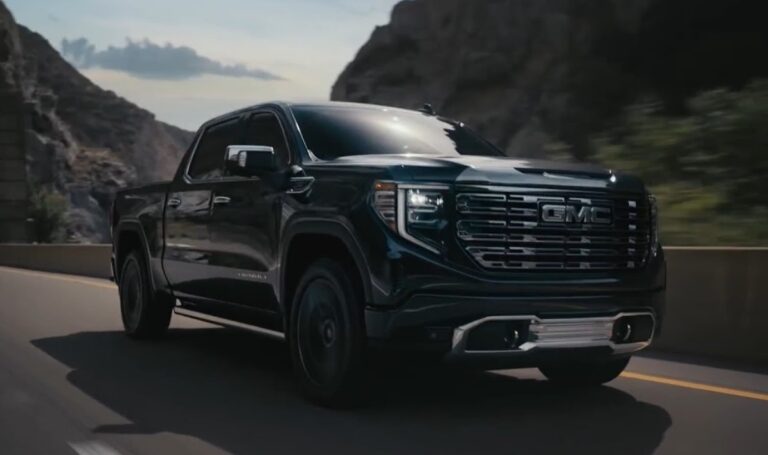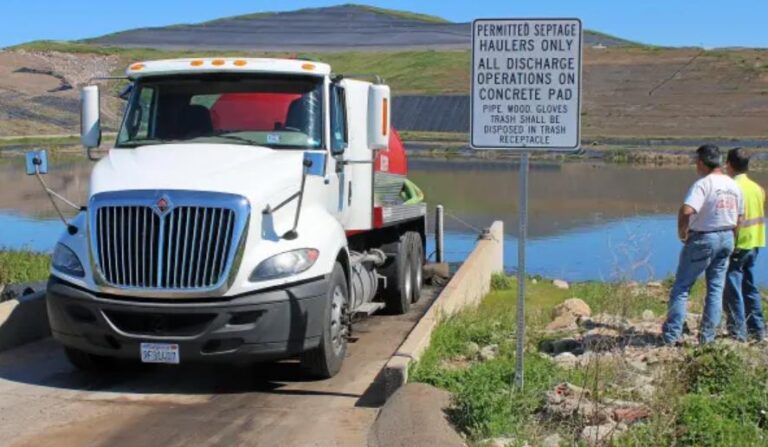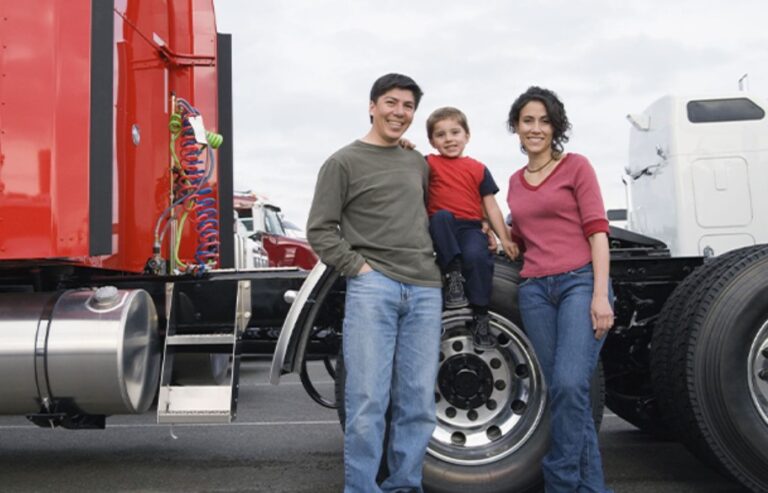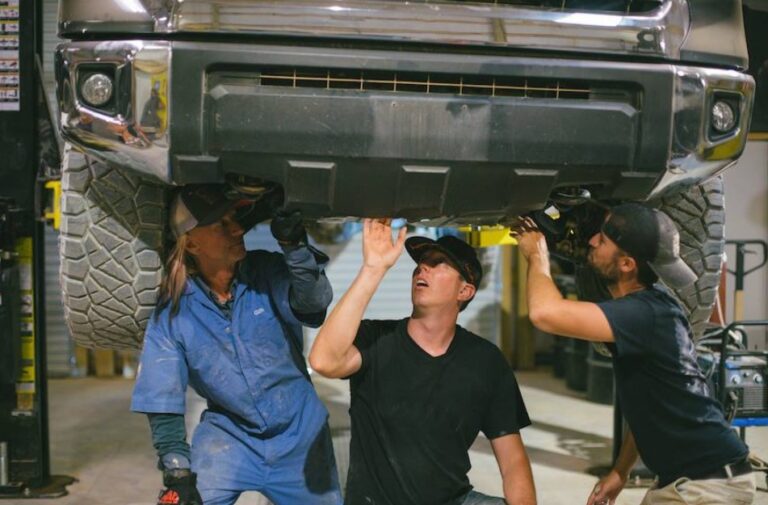How To Get Food Trucks To Come To Your Event? Explained
Are you looking for How To Get Food Trucks To Come To Your Event? is a question many event organizers ponder. The presence of food trucks not only provides diverse culinary options but also adds a vibrant atmosphere to any event. This comprehensive guide aims to provide you with essential strategies and considerations to successfully attract and work with food trucks, making your event a memorable culinary adventure.
Key Takeaways
- Understand the appeal and requirements of food trucks for events
- Learn effective strategies to attract food trucks to your event
- Discover key considerations for successful collaboration with food truck vendors
- Gain insights into the legal and logistical aspects of hosting food trucks
How To Get Food Trucks To Come To Your Event?
To successfully get food trucks to come to your event, you need to follow a series of detailed steps. These steps ensure you attract the right vendors and manage the logistical, legal, and promotional aspects effectively.
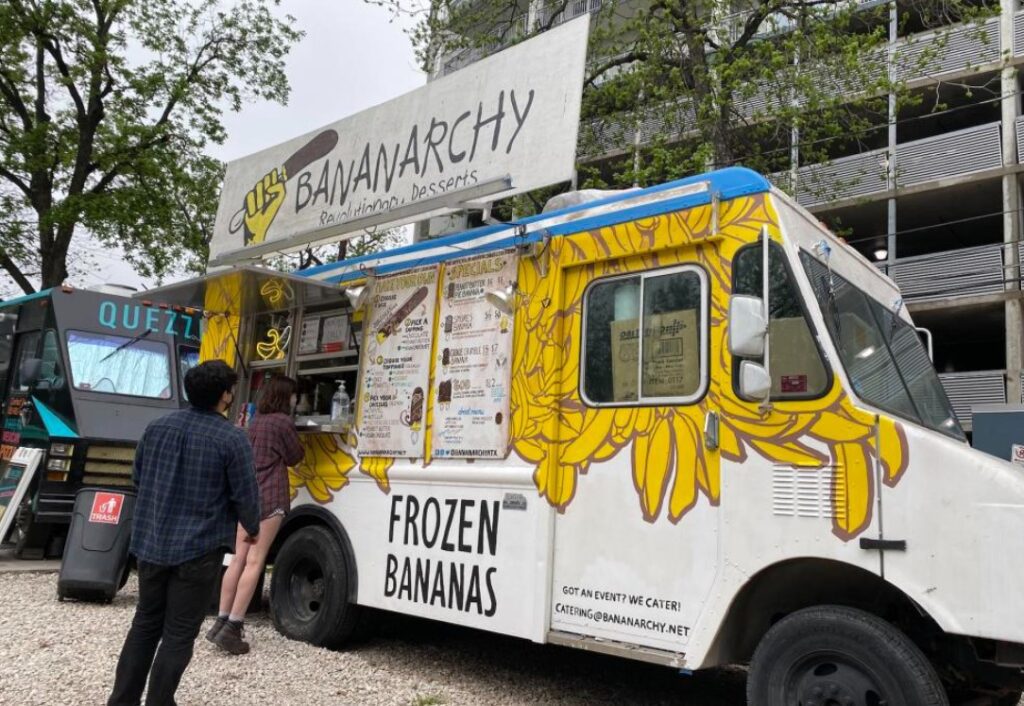
1. Defining Your Event’s Needs and Goals
- Assess the Size and Scope of Your Event: Determine the number of attendees and the style of your event. This will guide you in deciding how many and what types of food trucks you’ll need.
- Understand Your Audience: Consider the tastes and preferences of your audience. This helps in selecting food trucks that offer appropriate menu options.
2. Researching Potential Food Trucks
- Identify Local Food Trucks: Use online directories, social media, or local food truck associations to find food trucks in your area.
- Evaluate Their Offerings: Check their menus, customer reviews, and past event experiences to ensure they align with your event’s needs.
3. Making Contact and Pitching Your Event
- Initial Contact: Reach out to your selected food trucks via email or phone. Provide a brief overview of your event.
- Pitch Your Event: Explain why your event is a good opportunity for them. Highlight expected attendance, demographics, and any marketing exposure they will receive.
4. Negotiating Terms and Agreements
- Discuss Fees and Arrangements: Food trucks may charge a flat fee, a percentage of sales, or have a minimum sales guarantee. Negotiate a mutually beneficial agreement.
- Draft a Contract: Once terms are agreed upon, ensure all details are put into a written contract. This should include service hours, menu items, pricing, and cancellation policies.
5. Handling Legal and Permit Requirements
- Local Regulations: Research local health and safety regulations that apply to food trucks. Ensure that each food truck has the necessary permits and insurance.
- Coordinate with Authorities: In some cases, additional permits may be required for your event. Coordinate with local authorities to secure these.
6. Planning Logistical Details
- Space and Setup: Designate areas for food trucks, considering factors like space, electricity, water access, and customer flow.
- Communicate Expectations: Communicate arrival, setup, and breakdown times with each food truck.
7. Promoting the Food Trucks at Your Event
- Marketing Materials: Include information about the food trucks in your event’s marketing materials. Use social media, flyers, and your event website.
- Collaborative Promotion: Encourage food trucks to promote the event to their followers. This can widen your event’s reach.
8. Event Day Coordination
- On-Site Management: Have a team member coordinate with the food trucks on the day of the event to ensure smooth operations.
- Addressing Issues Promptly: Be prepared to handle any logistical issues that arise on the event day quickly.
9. Post-Event Follow-Up
- Feedback: Gather feedback from both the food trucks and the attendees regarding the food experience.
- Thank You Notes: Send thank you messages to the food trucks, appreciating their service and contribution to your event.
10. Building Long-Term Relationships
- Future Opportunities: If the experience was positive, express interest in working with them for future events. Building a network of reliable food truck vendors can be beneficial for ongoing event planning.
By following these steps, you can effectively attract and manage food trucks for your event, creating a memorable and diverse dining experience for your attendees.
Identifying Suitable Food Trucks
Understanding Your Event’s Theme and Audience
Selecting the right food trucks is crucial. First, consider your event’s theme and the preferences of your audience. For a music festival, diverse, quick-serve options might be ideal. Alternatively, a corporate event might benefit from trucks offering gourmet or specialized cuisine.
Researching and Contacting Vendors
Start by researching local food trucks that align with your event’s theme. Websites, social media platforms, and food truck associations are great resources.
Reach out to potential vendors with a detailed proposal, including event details, expected attendance, and what makes your event an attractive opportunity for them.
Effective Communication and Negotiation

Crafting a Compelling Pitch
When contacting food truck owners, your pitch should highlight the benefits of participating in your event. Mention the expected foot traffic, marketing exposure, and any other perks that come with the partnership.
Negotiating Terms and Logistics
Discuss logistical details like space requirements, power supply, and setup times. Be transparent about any fees or commissions involved. Negotiating a fair deal that benefits both parties is key to securing their participation.
Legal and Logistical Considerations
Obtaining Necessary Permits and Insurance
Ensure you understand and comply with local regulations regarding food truck operations. This might include health permits, parking permits, and liability insurance. Coordinate with food truck operators to ensure all legal requirements are met.
Planning for Space and Accessibility
Proper planning for the placement and accessibility of food trucks is vital. Ensure there’s adequate space for the trucks, their operation, and queueing areas for customers. Consider the flow of traffic and how it integrates with the overall layout of your event.
Maximizing Visibility and Marketing
Promoting Food Trucks as Part of Your Event
Incorporate food trucks into your event’s marketing strategy. Use social media, event websites, and other marketing materials to highlight the unique dining options available. This not only attracts attendees but also adds value to the food truck vendors.
Collaborating with Vendors for Joint Promotion
Encourage food truck vendors to promote the event to their followers. This mutual promotion can significantly increase the event’s reach and success.
Building Lasting Relationships with Vendors

Providing Support and Feedback
During the event, ensure the vendors have everything they need to operate smoothly. After the event, provide feedback and express your appreciation. Building a good relationship can lead to future collaborations.
Analyzing Feedback for Future Events
Gather feedback from both the attendees and the food truck vendors. This information is invaluable for improving future events and making them even more successful.
How To Book A Food Truck For An Event?
Booking a food truck for an event involves several key steps. First, identify the type and number of food trucks that best fit your event’s theme and audience size.
Use online directories, social media, or local food truck associations to find potential vendors. When contacting them, provide details about your event, including date, location, expected attendance, and the type of food you’re looking for.
Next, discuss and negotiate terms such as fees, menu options, and service duration. Be clear about any specific requirements or restrictions, such as space and power needs. Finalize the agreement with a written contract outlining all terms, including cancellation policies and liability insurance requirements.
It’s crucial to coordinate logistics beforehand, ensuring there is adequate space for the trucks and that they have access to necessary utilities. Also, consider how the food trucks will integrate with other aspects of your event, like entertainment or seating arrangements.
For a detailed guide on booking food trucks, resources like Roaming Hunger (roaminghunger.com) provide comprehensive insights and can connect you with local food truck vendors.
How Do I Get More People To Come To My Food Truck?
Attracting more customers to your food truck involves a mix of marketing strategies, menu appeal, and customer experience. Firstly, utilize social media platforms like Instagram, Facebook, and Twitter to create a strong online presence.

Share high-quality images of your food, post your location schedule, and engage with your followers to build a community around your brand.
Offering a unique, high-quality menu that caters to a variety of tastes and dietary needs can set you apart. Regularly updating your menu and offering specials can keep customers interested. Participating in local events, food truck rallies, and festivals is also an effective way to increase visibility and reach new customers.
Building partnerships with local businesses and organizations for catering opportunities can also drive more traffic to your food truck. Finally, focusing on providing excellent customer service will encourage repeat business and word-of-mouth recommendations.
For more strategies for attracting customers to a food truck, FoodTruckEmpire.com offers valuable insights and tips from successful food truck owners.
How Do You Break Into A Food Truck Market?
Breaking into the food truck market requires thorough planning and understanding of the industry. Start by conducting market research to understand your local food truck scene, customer preferences, and potential competition. This research will help you identify a unique niche or concept for your food truck.
Develop a solid business plan outlining your concept, target market, menu, pricing strategy, and financial projections. Securing funding, whether through savings, loans, or investors, is a crucial step in turning your plan into reality.
Next, acquire the necessary permits and licenses to operate legally. This includes health department permits, business licenses, and possibly specific permits for operating a food truck in your area.
Purchasing or leasing a food truck is a significant investment. Choose a truck that meets your operational needs and budget. Customize the truck to reflect your brand and ensure it is equipped with the necessary kitchen equipment.
Building a strong brand and marketing strategy is essential. This includes creating an appealing brand identity, developing an online presence, and engaging in local marketing efforts.
For comprehensive guidance on starting a food truck business, websites like Entrepreneur.com and The Balance Small Business offer in-depth articles covering various aspects of the food truck industry.
Conclusion
Successfully getting food trucks to come to your event involves careful planning, effective communication, and a solid understanding of legal and logistical aspects. By following these guidelines, you can create an enticing and well-organized environment that benefits both your event and the participating food trucks. Remember, the key to a successful event is not just in the attraction but also in the execution and fostering of lasting partnerships.
Frequently Asked Questions
How do I select the right food trucks for my event?
Consider your event’s theme, audience, and desired cuisine variety. Research local food trucks read reviews, and taste their offerings if possible. Choose trucks that align with your event’s vibe and culinary expectations.
What kind of setup space is required for food trucks?
Allocate a flat, accessible area for each truck, considering space for queues and dining areas. Ensure there’s enough room for trucks to maneuver and set up without disrupting the event flow.
How can I promote the food trucks at my event?
Use social media, event websites, and local press to highlight the food trucks. Include their menus, photos, and unique offerings. Encouraging the trucks to promote the event on their channels can also boost visibility.
What is the typical duration a food truck will serve at an event?
Food trucks usually serve for about 2-5 hours, depending on the event’s nature and their agreement. For longer events, consider scheduling multiple trucks in shifts to provide continuous service.

Welcome to the exhilarating world of Matt Rex, a professional car racer turned renowned vehicle enthusiast. Immerse yourself in his captivating blog as he shares heart-pounding adventures, expert reviews, and valuable insights on cars, trucks, jets, and more. Fuel your passion for speed and discover the beauty of vehicles through Matt’s engaging stories and meticulous expertise. Join the ever-growing community of enthusiasts who find inspiration and expert advice in Matt Rex’s blog—a digital hub where the thrill of speed meets the pursuit of knowledge.


